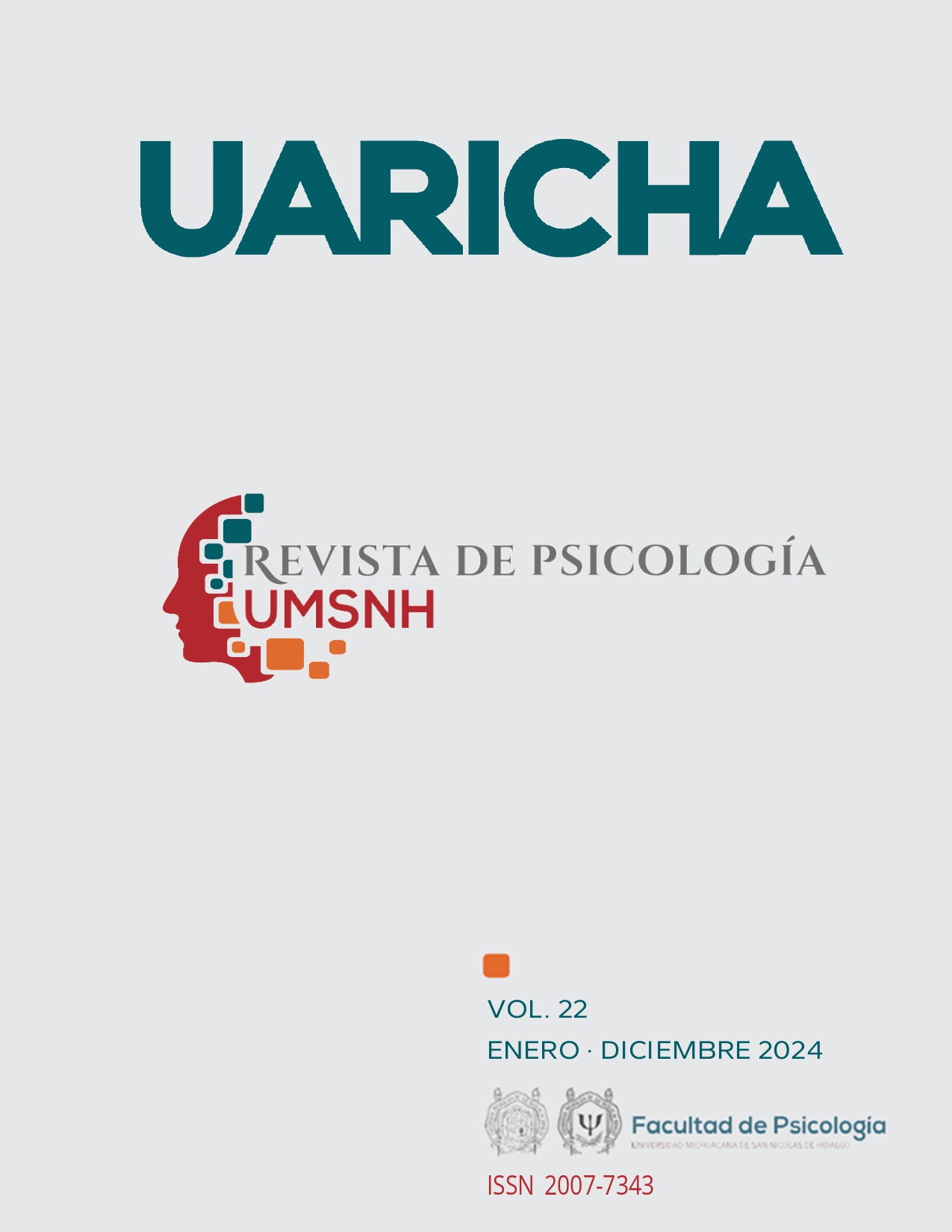The familiar in psychoanalysis. Prohibition of incest and genealogical succession.
Main Article Content
Abstract
The existence of the family as a social form has been traced since the earliest stages of mankind, at the very dawn of humanity. Its presence has allowed for the regulation of both kinship and relationships with the outside world. The reason for its enduring presence, despite the passage of time, is a topic that has sparked the interest of various fields, notably anthropology and psychoanalysis. Why has the family persisted through countless generations? Understanding this question requires not only examining its genesis but also the social function it holds. According to psychoanalysis, the family establishes boundaries through addressing oedipal conflicts, defining what's allowed and forbidden for the individual's inner world. By adhering to legal and social norms governing the Western world, particularly the prohibition of incest, the family ensures the continuity of psychic development across generations. This sheds light on why it continues to endure.
Article Details
Issue
Section

This work is licensed under a Creative Commons Attribution-NonCommercial-NoDerivatives 4.0 International License.
The authors have the right to ownership or copyright and they give to "Uaricha Psychology Magazine" the right to publish for the first time the article, as well as disclose and distribute it on the technological available media and through repositories.
Uaricha Psychology Magazine, is a quarterly publication, published by the Psychology College of the "Universidad Michoacana de San Nicolás de Hidalgo", Street Francisco Villa No. 450, Col. Dr. Miguel Silva, Morelia, Michoacán, P. C. 58110. Phone (+52) 443 312 9909, ext. 149, www.revistauaricha.umich.mx, uaricha.publicaciones@umich.mx. Responsible publisher: Roberto Oropeza Tena. Reserve of exclusive use rights No. 04-2013-070413365500-203, e-ISSN: 2007-7343, Granted by the National Institute Copyright. Responsible of the last update of this number, Computer center of the Psychology College, Ing. Erick Vidar Alva Rangel.
How to Cite
References
Biblia de las Américas. (1997). Foundation Publications.
Código Penal Federal. (2020). https://mexico.justia.com/federales/codigos/codigo-penal-federal/gdoc/
Engels, F. (1884/2019). El origen de la familia. La propiedad privada y el estado. Colofón.
Freud, S. (2010a). Carta 69 (21 de setiembre de 1897) (L. Etcheverry, Trad.). En J. Strachey (Ed.), Sigmund Freud: Obras completas (Vol. 1, pp. 301-302). Amorrortu. (Trabajo original publicado en 1897).
Freud, S. (2010b). Las metamorfosis de la pubertad (L. Etcheverry, Trad.). En J. Strachey (Ed.), Sigmund Freud: Obras completas (Vol. 7, pp. 189-202). Amorrortu. (Trabajo original publicado en 1905).
Freud, S. (2010c). Introducción al narcisismo (L. Etcheverry, Trad.). En J. Strachey (Ed.), Sigmund Freud: Obras completas (Vol. 14, pp. 65-98). Amorrortu. (Trabajo original publicado en 1914c).
Freud, S. (2009). El malestar en la cultura (L. Etcheverry, Trad.). En J. Strachey (Ed.), Sigmund Freud: Obras completas (Vol. 21, pp. 57-140). Amorrortu. (Trabajo original publicado en 1930).
Freud, S. (2010d). Tótem y tabú. Algunas concordancias en la vida anímica de los salvajes y de los neuróticos (L. Etcheverry, Trad.). En J. Strachey (Ed.), Sigmund Freud: Obras completas (Vol. 13, pp. 1-164). Amorrortu. (Trabajo original publicado en 1913d).
Héritier, F. (1994). Del incesto. En F. Héritier, B. Cyrulnik, A. Naouri, D. Vrignaud, & M. Xanthakou. (Coords.). Presentación. (pp. 7-19). Nueva visión.
Julien, P. (2002). Dejarás a tu padre y a tu madre. Siglo XXI.
Lacan, J. (1938/2003). La familia. Argonauta.
Legendre, P. (1985/1996). Lecciones IV. El inestimable objeto de la transmisión. Siglo XXI.
Legendre, P. (1990). La filiation. Fondement généalogique de la psychanalyse. Fayard.
Lévi-Strauss, C. (1974/1991). Polémica sobre el origen y la universalidad de la familia. En C. Lévi-Strauss, M. Spiro, & K. Gough. (Comps.). La familia. (pp. 7-49). Anagrama.
Lévi-Strauss, C. (1983). Le regard éloigné. Plon.
Sierra, I. (2019). La mujer como objeto fetiche. Un caso de neurosis obsesiva. Revista Universitaria de Psicoanálisis, (19), 39-46. https://www.psi.uba.ar/investigaciones/revistas/psicoanalisis/trabajos_completos/revista19/sierra.pdf
Spiro, M. (1974/1991). Polémica sobre el origen y la universalidad de la familia. En C. Lévi-Strauss, M. Spiro, & K. Gough. (Comps.). ¿Es universal la familia? (pp. 50-73). Anagrama.

